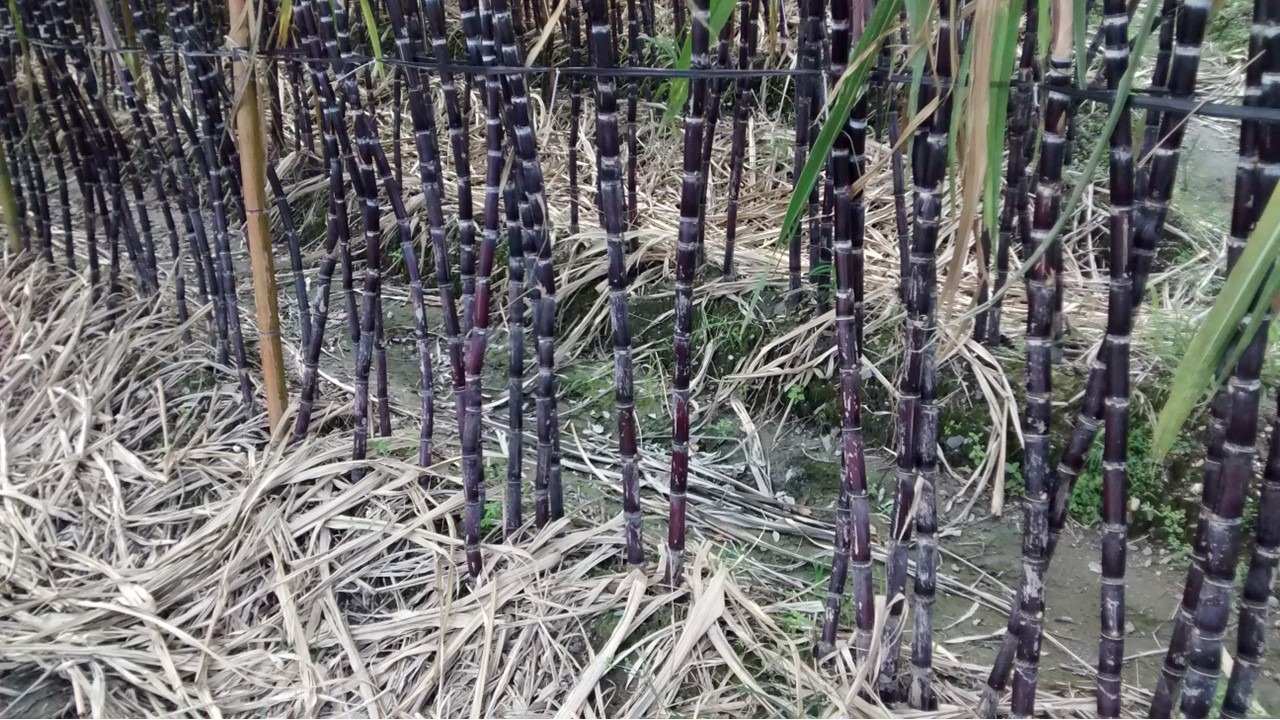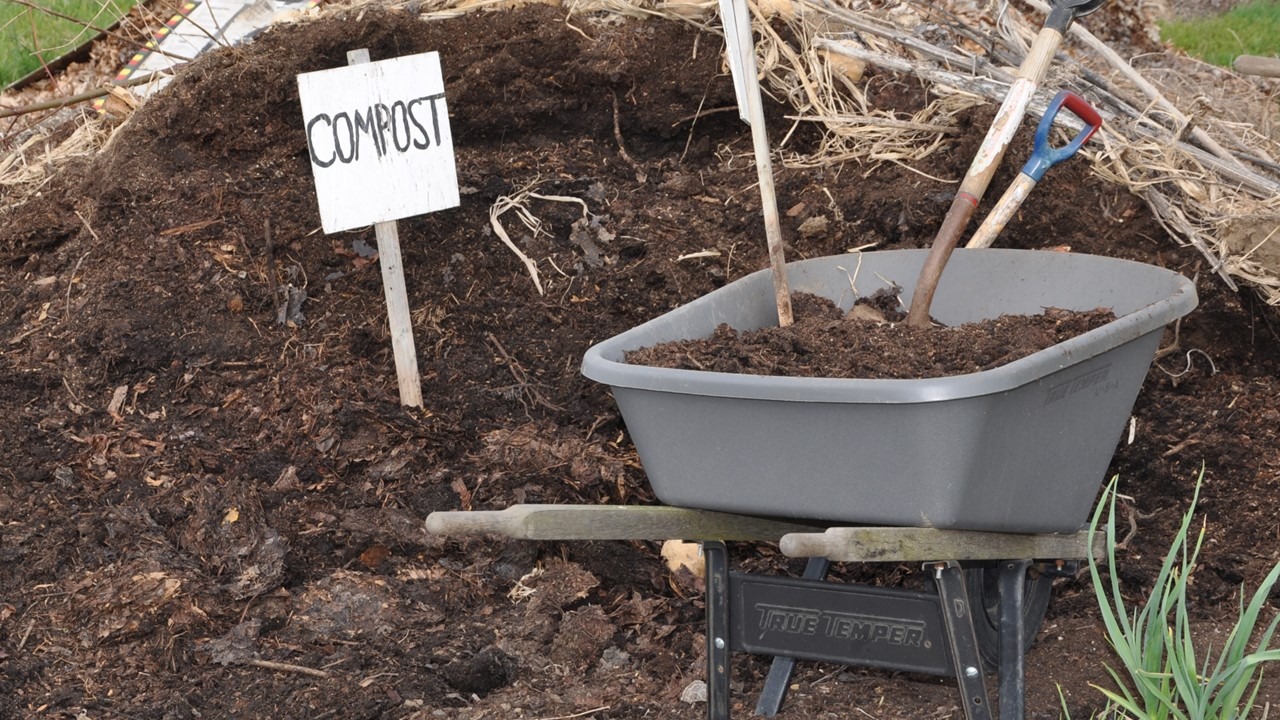Eco-friendly products take their overall life cycle into consideration to ensure that their use will benefit the environment. renouvo believes that the prerequisite to eco-friendliness is maintaining the existing quality of life. The article outlines 30 practical eco-friendly products that can be used in different situations at home or away. Furthermore, it will demonstrate ways to identify eco-friendly products, allowing readers to understand whether a particular product is eco-friendly by reading its label.
What does eco-friendly mean?
Being eco-friendly means to minimize environmental hazards. The term can be used to describe behaviors, products, businesses, policies, or organizations. Compared with the term “green”, which is mainly used to describe design concepts, “eco-friendly” focuses on the overall environmental impact, an integral part of sustainability. For example, The US Plastics Pact strives to eradicate unnecessary and non-compostable plastic packaging, thus it is an eco-friendly pact.
What is an eco-friendly product?
Eco-friendly products must take into consideration their overall life cycle, including raw material acquisition, manufacturing, transportation, sales, consumer use, and disposal at the end of the product’s life. Products that are designed with measures to minimize their environmental impact and meet the following conditions can be referred to as eco-friendly products:
- Raw materials that are derived from sustainably managed natural materials.
- Use renewable energy for manufacturing.
- Use local materials for production to save transportation-related energy.
- Durable and modular design extends product life cycle.
- High efficiency mechanical structure lowers energy consumption of products.
- Products are easily composted or recycled after use.
How can we recognize eco-friendly products?
Since there are numerous ways to be eco-friendly, just reading information provided by the manufacturer may not necessarily allow users to identify eco-friendly products. Many countries and organizations have launched third-party certifications and labels to help consumers find eco-friendly products. If you can see the following labels on a product, it is likely to be an eco-friendly product:

Carbon label
The most common carbon labels include carbon footprint labels, carbon reduction labels, and carbon neutral labels. The carbon footprint label indicates the carbon emissions of the product; most companies that carry out certification and labeling are responsible for their emissions. The carbon reduction label means that the product emits less greenhouse gases (GHG) than before; in certain countries, this means that compared with other products of the same type, the carbon emissions of the product bearing the carbon reduction label are lower. The carbon neutral label means that carbon reduction measures have been implemented for the product, and carbon credits have been purchased to offset all emissions. Note that these labels may be issued by the British Standards Institution (BSI), SGS or the government, but they may also be created by the manufacturers, so always choose certificates issued by credible institutions, to ensure the credibility of the data.
Energy Star
The Energy Star program was launched by the US EPA to cover a range of electrical appliances, machines, lighting, and buildings. It indicates that certified products have taken into consideration the balance between energy consumption and performance. Other common energy consumption-related labels include Japan’s Top Runner, the EU’s Energy Label, Canada’s EnerGuide, as well as Australia and New Zealand’s Energy Rating. All serve to explain product energy efficiency to consumers.
Compostability certification
Products with compostability certification can be returned to the soil via composting after use, without leaving behind harmful substances in the environment. Compostability certifications can be divided into industrial composts and home composts. In particular, home compost-certified products offer better degradability at room temperature, hence they can be composted at home.
For further benefits of composting and more detailed information, please read the article: What is Compostable What to and Not to Compost.
Recyclability
Every country has its own recycle label design that consumers can follow to implement waste classification and recycling. In particular, Europe’s triangle recycling label is the most well-known, and has become a general classification sign for plastics. On the other hand, cosmetics are printed with a green dot label.
FSC sustainable forest management
The sustainable forest management certification ensures that forests are managed sustainably, and that no indiscriminate deforestation, which is destructive to native ecosystems, is carried out during the process of obtaining raw materials for products.
Organic cotton certification
Traditional cotton cultivation requires a lot of water and chemicals, but organic cotton-certified cultivation methods do not involve the use of genetically modified seeds, chemical fertilizers and chemicals, while regulations have been implemented for the spinning and production process of cotton after harvesting to minimize the environmental impact of textiles.
Long warranty
Manufacturers provide warranties, or services for some durable products such as operating system updates for cell phones or computers. These help to extend the life of products and decrease the number of new products produced, thereby minimizing environmental damage at the source.
30 Eco-friendly products for your life

Eco-friendly products for the kitchen
Home cooking allows you to enjoy the most suitable portions of your favorite food without causing food waste, and is also healthier. In fact, many eco-friendly products can be introduced to the kitchen, such as fresh seasonal ingredients, reusable tableware, compostable food packaging, plastic-free and chemical-free detergents, and more.
Eco-friendly products for housework
Washing dishes, laundry, cleaning, taking care of pets, and gardening are all necessary daily activities that require the use of various products, most of which have more eco-friendly alternatives.
Eco-friendly products for relaxing at home
Most people spend at least 1/3 of their time at home, where clothing, furniture, entertainment and decorations form part of our comfortable life. While enjoying life, we can have just as much fun and protect the earth by switching to eco-friendly products.
Eco-friendly products for personal care
Shower gel, shampoo, cotton pads, paper towels, and sanitary napkins are all personal care necessities. Repeated use of non eco-friendly products will cause serious harm to the environment, thus we can choose eco-friendly products that are also beneficial to our health.
Eco-friendly products for eating out
When eating away from home, toilet paper, coffee cups with plastic coatings, plastic lunchboxes, plastic bags, plastic straws, and plastic bottles are often used. Although these single-use plastics guarantee hygiene and convenience, they frequently end up in the environment and cannot be broken down, resulting in immense environmental harm. Most countries have formulated laws to restrict the use of these products, so we can use eco-friendly products wherever possible, while taking into account regulatory limitations.
Eco-friendly products for parties
Parties use up plenty of consumables such as ribbons, party hats, paper plates, paper cups, and plastic cutlery, leaving behind a lot of eco-unfriendly items. However, many eco-friendly products are available to make the earth a better place without spoiling the fun.
Eco-friendly products for the kitchen
Wood cutting board
A cutting board is a necessary product when slicing vegetables and fruits. Using a wood cutting board instead of a plastic one offers you reassurance that no one will be ingesting pieces of plastic that are accidentally cut off during the cooking process. The wood cutting board’s natural materials are biodegradable after use. If the wood is properly sourced, it will be an excellent eco-friendly product.
Seasonal ingredients
Using seasonal ingredients prevents energy consumption associated with the food storage process or food waste as a result of inadequate storage.
Bulk food
Bulk food saves a lot of single-use plastic packaging because we only need to bring our containers to the store.
Beeswax wraps
Beeswax wraps are made of cotton, beeswax is added to increase its antibacterial and moisture-retention capabilities. It can be used to replace plastic bags and plastic wraps to store food.
renouvo reusable eco-friendly sugarcane food containers
renouvo’s reusable eco-friendly sugarcane food containers are made of bagasse, an agricultural waste. It is water, oil, drop, and heat-resistant, and can be reused for many years. Furthermore, it can be completely broken down and returned to the soil.
Wooden food storage box
When purchasing or repackaging bulk food, you can purchase wooden food storage boxes, because they are made of natural materials and durable.
Eco-friendly products for housework
Loofah
Loofahs are made of sun-dried natural loofah that do not contain any chemicals, hence they can be decomposed naturally like ordinary plants after use.
Dishcloths made of organic cotton old clothes
Organic cotton guarantees that no chemical pesticides and fertilizers are used during the cultivation process to contaminate the environment. However, the downside is that it is more expensive. We can buy organic cotton clothes and use them as dishcloths after they are worn out, to extend their value.
Natural soap
Natural soaps are made of edible oil and sodium hydroxide. The soap is weakly alkaline and does not contain artificial chemicals, thus the wastewater from washing with the soap poses no threat to the environment.
Bamboo broom
Bamboo brooms consists of a handle made of bamboo stem, to which the bristles are tied with small bamboo branches. It is suitable for cleaning uneven floors outdoors, and all materials can be recycled or composted.
Compostable flower pots
Seedlings can be planted in compostable flower pots made of natural materials such as coconut shell fiber and sawdust. When ready, they are transplanted and buried in the garden soil, and the pots will biodegrade into plant nutrients.
Eco-friendly cat litter
There are two types of eco-friendly cat litter: Tofu litter and sawdust litter. The former is made of bean dregs, a by-product of bean processing, while the latter is made of leftover scraps from wood processing, both are made from recycled raw materials.
Eco-friendly products for relaxing at home
Eco-friendly snacks
Many snack manufacturers have addressed the plastic problem by replacing packaging materials or reducing packaging. Choose snacks with paper box packaging over potato chips packaged in plastic and aluminum foil, to reduce non-recyclable waste.
Modular cell phones
Fairphone, a manufacturer of modular cell phones, makes the phone easy to disassemble, allowing consumers to replace parts by themselves, thereby extending the product life considerably.
Energy-saving computers
With rapid technological advancement, the same energy consumption allows for better performance. Choose energy-efficient processors and graphics cards to reduce energy consumption while enjoying entertainment.
LED lights
LED lights save up to 80% energy usage compared to traditional lights, and they also last longer.
ebook
ebooks utilize E Ink and do not emit light. The reading principle is the same as paper books, but ebooks can reduce deforestation and protect the environment.
Eco-friendly products for personal care
Eco-friendly dental floss
Eco-friendly dental floss is made of corn starch and does not use nylon to enhance its strength, thus it can be composted after use.
Eco-friendly toothbrush
Eco-friendly toothbrushes use bamboo handles rather than plastic ones. Although the bristles are still plastic, the handles are made of natural materials that can be broken down after use.
Organic cotton handkerchief
Organic cotton handkerchiefs can replace tissues or wet wipes to reduce plastic packaging.
Eco-friendly cotton pads
Eco-friendly cotton pads are made from short cotton batting, a textile waste, mixed with wood fiber. The raw materials are sustainable and reusable.
Biodegradable sanitary napkins
The base film and glue of biodegradable sanitary napkins are made of plant starch, combined with pure cotton and paper. They can be composted and returned to the environment after use.
Eco-friendly products for eating out
renouvo sugarcane eco-friendly cup
The best way to avoid using plastic bottles and paper cups is to bring your own eco-friendly cup! renouvo’s bagasse eco-friendly cup can withstand temperatures of up to 90°C, perfect for cold and hot beverages. It has also obtained the BSI carbon footprint label, achieving lower emissions compared to paper cups.
Stainless steel tableware
Bring your own tableware instead of using disposable tableware provided by restaurants, to reduce the use of non-recyclable single-use plastics.
renouvo sugarcane bag
renouvo’s sugarcane bags are manufactured to be food-safe packaging, and can be used to wrap and hold any food. They are water and tear resistant, do not contain any plastic, and can be easily composted and returned to the earth after use.
Stainless steel lunchbox
Carry a stainless steel lunchbox with you to hold food such as sandwiches, hot dogs, salads, grilled chicken, pizza, etc. to avoid using plastic or paper containers.
Eco-friendly products for parties
renouvo sugarcane tableware
Provide party guests with renouvo sugarcane tableware instead of plastic tableware. It is easy to use, natural and safe! Sugarcane tableware has a BSI-certified carbon footprint to help you evaluate the overall carbon emissions of your party.
Reusable cup and food container rental service
Many firms provide a reusable cup and tableware rental service. After the party, the cups and food containers are returned to the firm for cleaning, so that they can be used again.
renouvo sugarcane tray
Provide guests with renouvo sugarcane trays instead of paper trays to let them enjoy moist or oily food with peace of mind! After use, they can be composted with food scraps and returned to the earth, to ensure safety, eco-friendliness, and hygiene.
renouvo sugarcane straw
Does the party serve cocktails? Use renouvo sugarcane straws to let your guests enjoy beverages elegantly and safely. Unlike paper straws, sugarcane straws do not spoil the enjoyment of drinking by softening and producing odors when they come in contact with liquid. The product also offers a BSI-certified carbon footprint to ensure that every stage of its life cycle from raw material to disposal is eco-friendly!
Benefits of using eco-friendly products
Reduce the amount of plastics in the environment
Plastics do not decompose and will create microplastics that eventually end up in the water cycle. Although cheap and convenient to use, plastics are considered a major ecological problem, thus most eco-friendly products will avoid using plastics. Those that do are designed to be easily recycled, in order to lower the amount of plastics entering the environment.
Reuse products you like
Many eco-friendly products have a longer life span than conventional products, and their sustainable raw material source means that their production will not be stopped for regulatory or resource exhaustion reasons. Purchase an eco-friendly product you like and use it for a long time!
Support eco-friendly enterprises
Supply is driven by demand, so make sure you purchase eco-friendly products to support these eco-friendly enterprises, in order to incentivize them to develop more eco-friendly new alternatives.
Reduce chemical exposure
Using eco-friendly products allows us to avoid numerous chemicals, and exposure to chemical fragrances, pigments, BPA, preservatives and other ingredients that are potentially harmful to our health.
How to live more eco-friendly?
As the global population increases and living standards rise, environmental protection has become a national issue. Selecting and getting accustomed to using various eco-friendly products is one way to contribute to our environment. Meanwhile, we can also post our experiences of using eco-friendly products to social media, to raise environmental awareness with like-minded people, thereby making the lives of more people more eco-friendly.



















